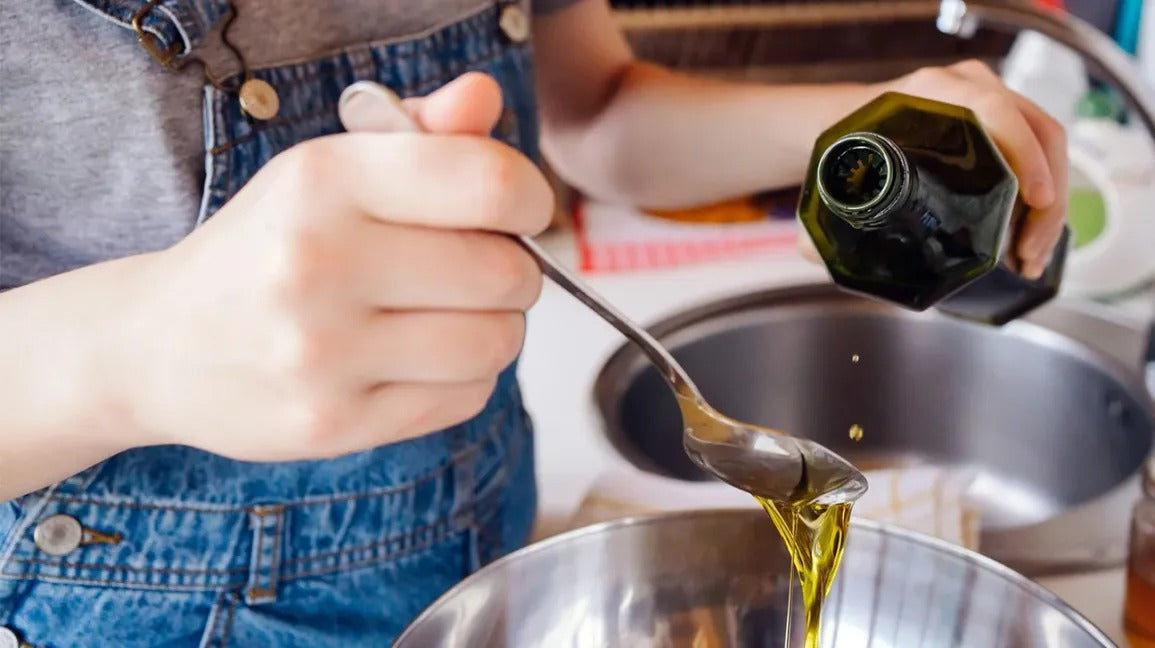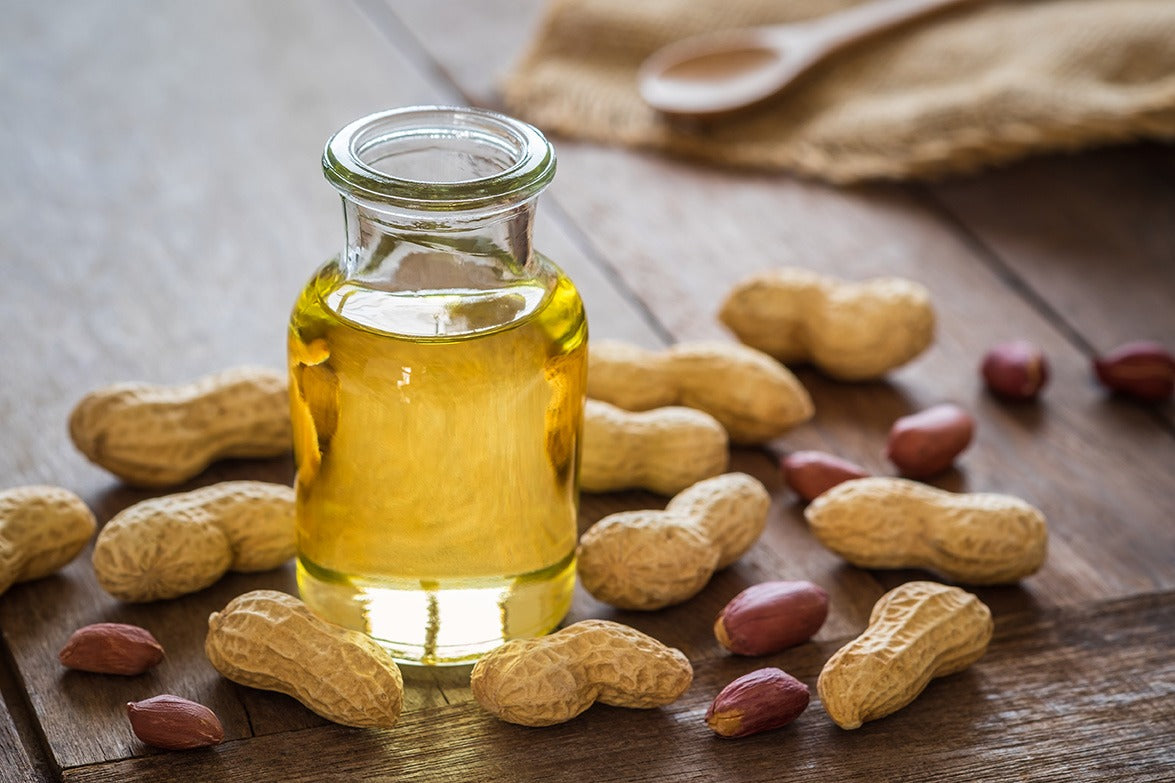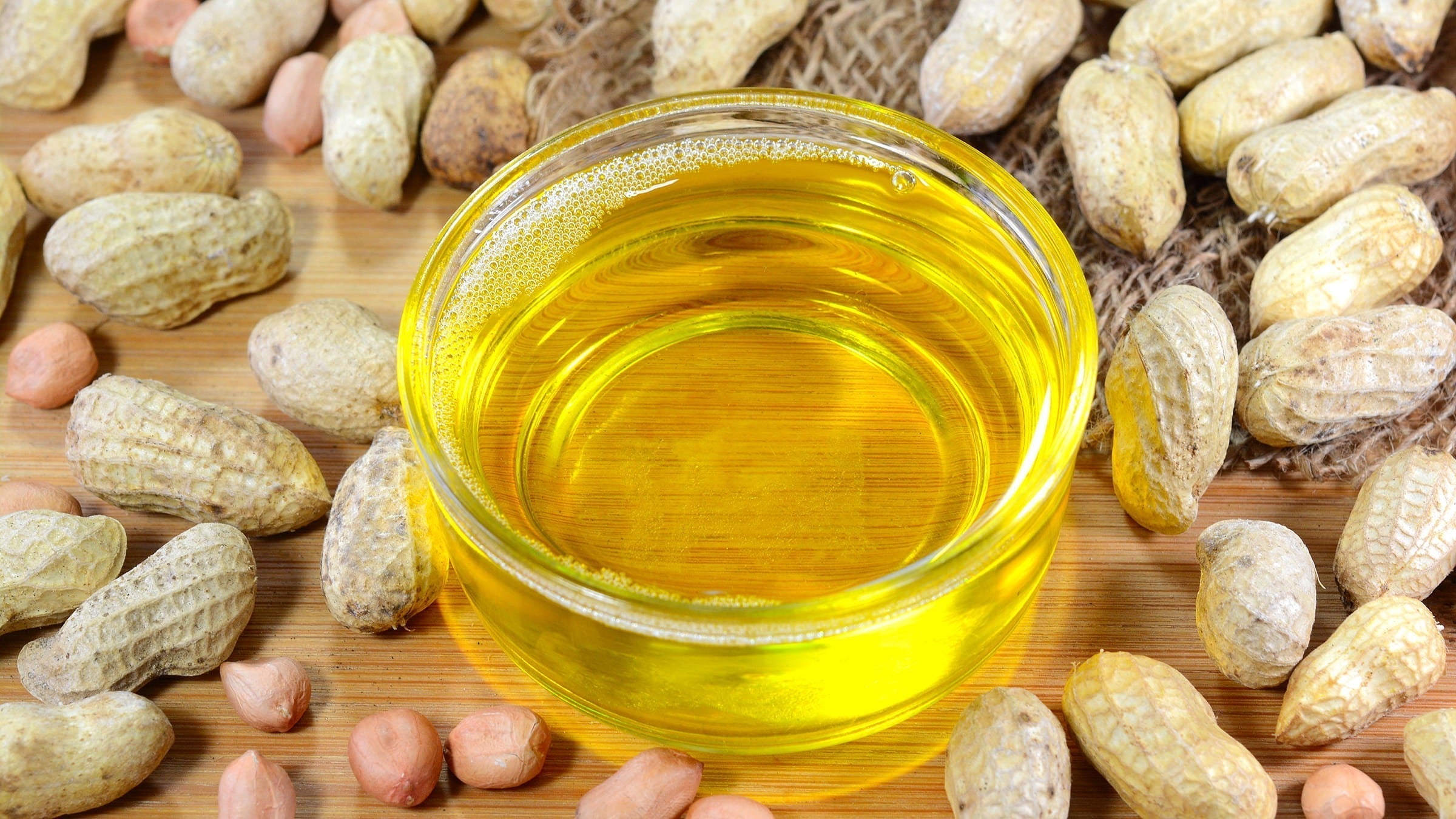When it comes to cooking, peanut oil is a popular choice for many. Its high smoke point and rich flavor make it a go-to for frying and sauting. However, after the cooking is done, you might wonder: how should you properly dispose of peanut oil? This is crucial not just for your plumbing but also for the environment. Knowing the right methods can save you from unnecessary trouble and contribute to a greener planet.

Why Proper Disposal of Peanut Oil Matters
Improper disposal of peanut oil can lead to several problems. Clogged drains and sewer lines are just the beginning. Oil that makes its way into natural water bodies can harm wildlife and disrupt aquatic ecosystems. It's not just about cleanliness; it's about responsible living.
Environmental Consequences
Oil that enters water systems can create a film on the water's surface, blocking sunlight and affecting the oxygen levels in the water. This can lead to the death of aquatic plants and animals. Moreover, oil has a high biological oxygen demand, which means it consumes a lot of oxygen as it breaks down, leaving less available for marine life.
Legal Consequences
Many localities have regulations regarding the disposal of cooking oils and other fats. Violating these can result in fines and other penalties. It's better to be aware of these before you find yourself in hot water, both literally and figuratively.

Methods for Disposing of Peanut Oil
Reuse Oil
One of the best ways to dispose of used cooking oil is to reuse it. Peanut oil has a high smoke point and can be reused multiple times. Just make sure to filter it to remove any food particles and store it in a cool, dark place. Reusing oil not only saves money but also reduces waste.
Solid Waste Disposal
If you can't reuse the oil, consider disposing of it as solid waste. To do this, let the oil cool down and solidify. Once solid, you can scrape it into a container and dispose of it in your regular trash. Some people also add absorbent materials like kitty litter to speed up the solidification process.
Recycling Centers
Many recycling centers accept used cooking oils. These oils are often converted into biodiesel, a form of renewable energy. Check with your local waste management facility to see if they accept used cooking oil. If they do, pour the cooled oil into a container and take it to the center.
Community Programs
Some communities have programs specifically designed for the recycling of cooking oils. These programs often provide containers and pick-up services. They may also have designated drop-off points. Participating in these programs is an easy way to ensure your oil is disposed of responsibly.

Steps to Follow
Cooling the Oil
Before you dispose of the oil, let it cool down completely. Hot oil can be dangerous to handle and can also melt plastic bags or containers. Allowing it to cool will make the next steps easier and safer.
Filtering the Oil
If you plan on reusing the oil, filter it to remove any food particles. You can use a fine sieve or cheesecloth for this purpose. Filtering helps extend the life of the oil and ensures it remains safe for cooking.
Container Selection
Choose an appropriate container for storing or disposing of the oil. If you're taking it to a recycling center, use a sturdy, sealable container. For solid waste disposal, make sure the container is leak-proof.
Labeling
If you're storing the oil for later disposal, label the container clearly. This will prevent anyone from accidentally using it for cooking. Proper labeling also makes it easier to identify when it's time to dispose of the oil.

Things to Avoid
Pouring Oil Down the Drain
Never pour oil down the drain. It can solidify and clog your pipes, leading to costly repairs. Additionally, it can contribute to larger environmental issues by entering the water supply.
Pouring Oil on the Ground
Pouring oil on the ground can harm plants and animals and contaminate soil and water sources. Always choose a responsible method for disposal.
Mixing Oil with Other Waste
Avoid mixing oil with other types of waste, such as chemicals or non-biodegradable materials. This can create hazardous waste that is more difficult to manage and dispose of.
FAQ Section
Can I reuse peanut oil after frying?
Yes, you can reuse peanut oil multiple times. Just make sure to filter out any food particles and store it in a cool, dark place.
Is it safe to compost peanut oil?
Small amounts of peanut oil can be composted, but it's generally not recommended as it can attract pests and affect the composting process.
What should I do if I accidentally pour peanut oil down the drain?
If you accidentally pour peanut oil down the drain, immediately run hot water and dish soap to help break down the oil. Follow up with a mixture of baking soda and vinegar to clean the pipes.
As an Amazon Associate, I earn from qualifying purchases.






Leave a comment
This site is protected by hCaptcha and the hCaptcha Privacy Policy and Terms of Service apply.